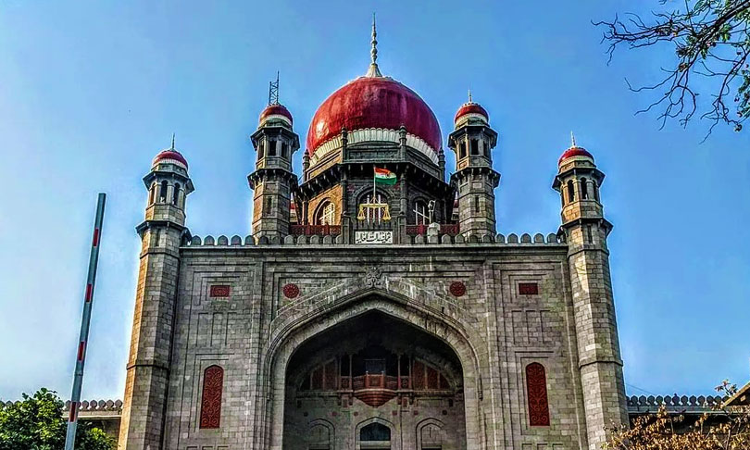Can A Convict Access Case Diary Under RTI? Telangana High Court Reserves Judgment
Fareedunnisa Huma
29 Aug 2023 11:15 AM IST

Next Story
29 Aug 2023 11:15 AM IST
The Telangana High Court has reserved its judgement to answer the question of whether a convicted person can seek a copy of Case Diary Part-I under the Right to Information Act, 2005.Justice B. Vijaysen Reddy added that the exception provisions were ambiguous as to whether a convict is entitled to access the Case Diary under the Act, the details therein being information about their...
